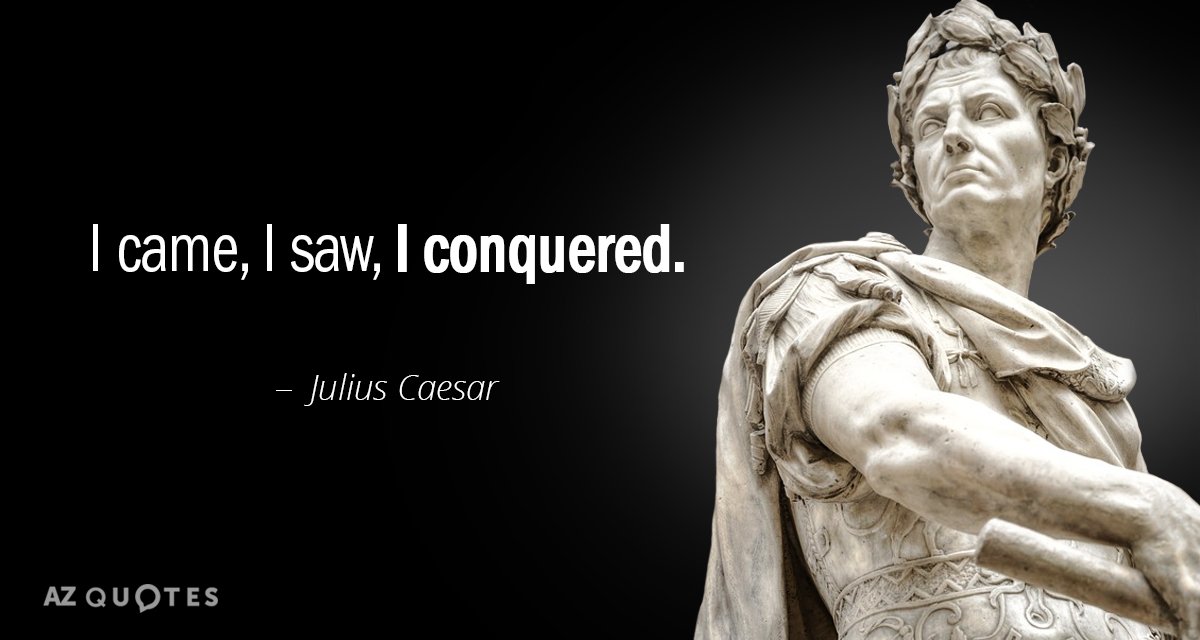
Here, Antony states that wrongdoings of people are remembered after their death but the good they have done is often buried with their bones, i.e. It comes at the beginning of the oration laying the base for Antony’s brilliant rhetoric in which he negates the justification given by Brutus for Caesar’s assassination and reverses the temper of the public to inflame them against the conspirators involved in the murder. This quotation is one of the most popular lines from the renowned funeral oration for Julius Caesar delivered by his friend Mark Antony. #7 “The evil that men do lives after them The good is oft interred with their bones.” The line is the gist of one of the primary themes of the play, the dilemma that Brutus faces of choosing between a man he loves and admires, and patriotism. Brutus says that though he loved Caesar, he loved his country Rome more, and hence he was compelled to act against Caesar. Brutus eloquently justifies the assassination of Caesar by him and the fellow conspirators but ultimately Mark Antony turns the tide through his renowned speech. Perhaps the most famous quotation of Brutus, this line is part of his speech to the public which has gathered to question why their beloved leader Julius Caesar was assassinated. Orson Welles as Marcus Brutus in the famous 1937 Mercury Theatre production Caesar #8 “Not that I loved Caesar less, but that I loved Rome more” Thus his intentions to murder Caesar were noble, unlike the other conspirators who acted out of envy and rivalry. It is said as the play nears its end and it is one of the most important lines in the play as it conveys that Brutus was the only one among the conspirators who joined in the assassination believing that Caesar’s death was required in order to preserve the Republic of Rome. This line is part Antony’s remark on seeing the dead body of Brutus, who has committed suicide by running on his sword. #9 “This was the noblest Roman of them all.” It remains a popular quotation from the play which stresses on human action and character as opposed to blaming the stars, or fate, for one’s unfavourable condition. The line states that it is not the fault of destiny that it appears that we are underlings, or lower in rank, to Caesar, but it is due to our own weakness in character. It is apparent from the passage that Cassius is vexed at remaining in the shadows while Caesar rises to glory.

This line is said by Cassius while he is trying to persuade Brutus that it is in the best interests of Rome to prevent Caesar from acquiring more power.

Cover of William Shakespeare’s Julius Caesar #10 “The fault, dear Brutus, is not in our stars But in ourselves, that we are underlings.”


 0 kommentar(er)
0 kommentar(er)
